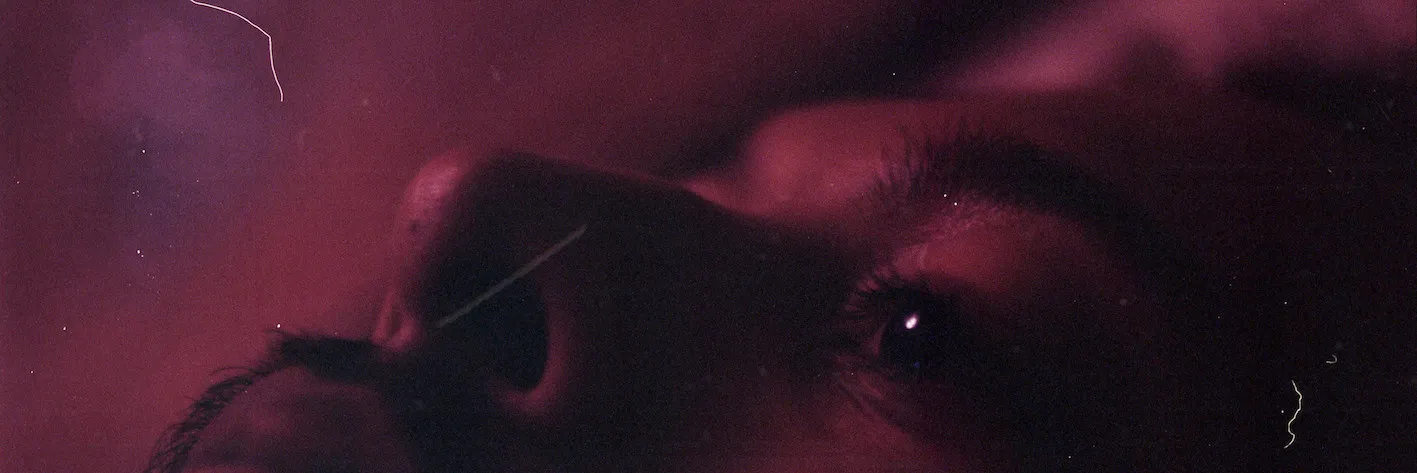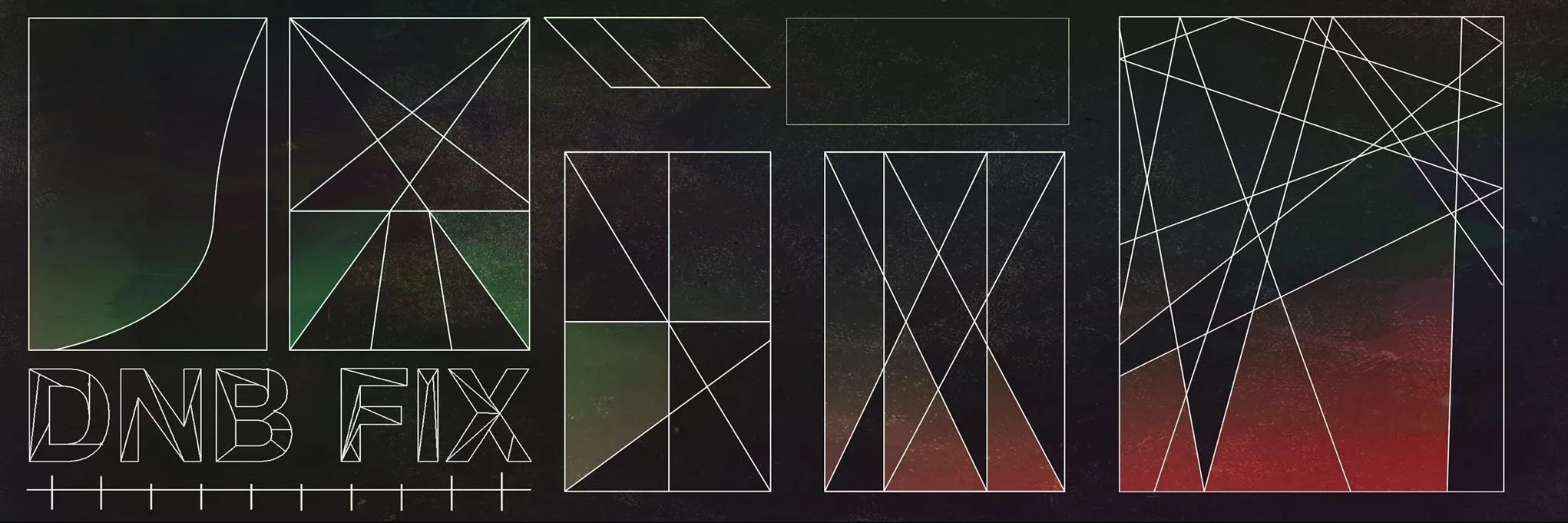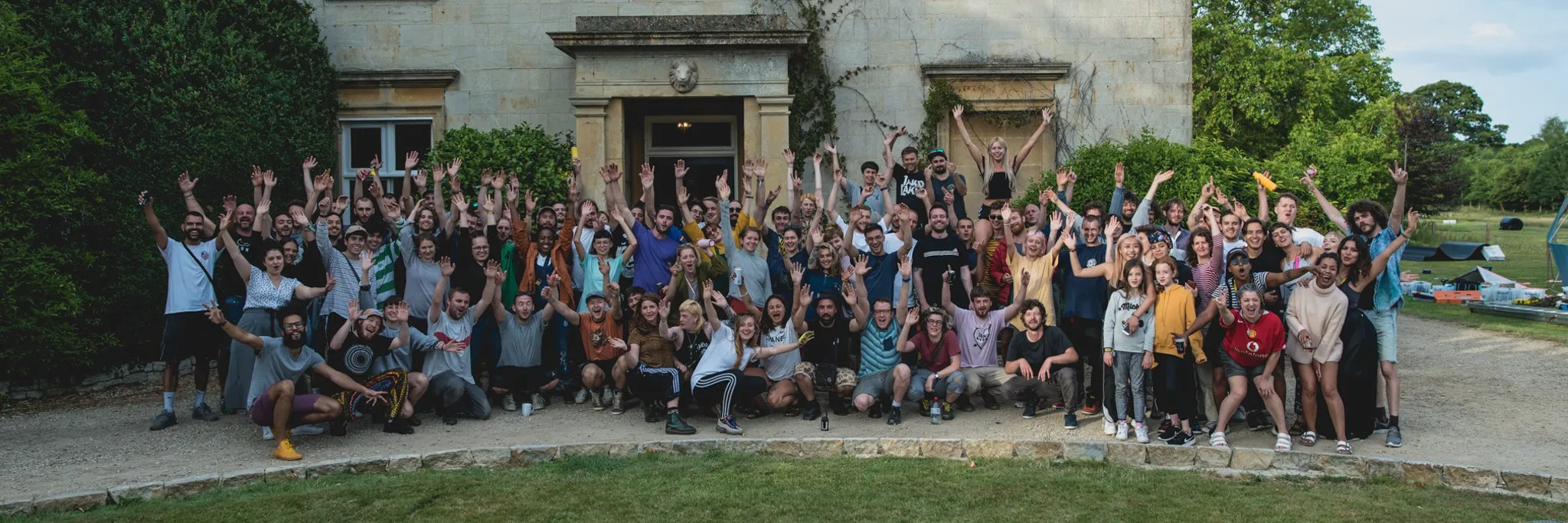 I still remember that Sunday night in 2012 at Bristol’s FAG Studios—one of Young Echo’s early radio broadcasts. Back then, the collective’s prodigious talent was already evident on record, but the vibe felt more like a loose, late-night hang among friends. Kahn cracked jokes over the mic; Bogues freestyled half-formed bars. And then there was the looming figure with a nest of dreads, spitting laconic rhymes about his weed habit. I didn’t know his name yet, but he left a mark.
I still remember that Sunday night in 2012 at Bristol’s FAG Studios—one of Young Echo’s early radio broadcasts. Back then, the collective’s prodigious talent was already evident on record, but the vibe felt more like a loose, late-night hang among friends. Kahn cracked jokes over the mic; Bogues freestyled half-formed bars. And then there was the looming figure with a nest of dreads, spitting laconic rhymes about his weed habit. I didn’t know his name yet, but he left a mark.
By 2018, Young Echo had transformed. At their Trinity Centre showcase—a dissonant sermon beneath stained-glass windows—the collective’s once-improvised collisions had crystallized into sharp, distinct sets. That same dreadlocked MC now held center stage, teasing his debut album. Finally, I caught his name: Manonmars.
Wrapped in Bristol’s perennial ganja haze, Jack Richardson’s flow feels like the natural rap counterpart to Young Echo’s sound—equal parts swagger and surrealism. But his roots aren’t in trip-hop; they’re in North London and later North Somerset, where he met Amos Childs. Even within Young Echo’s orbit (where Childs and Sam Barrett craft “beats-not-beats” as O$VMV$M), Manonmars stands apart.
Now, two years after his self-titled debut, Richardson returns with In Colour. It’s not a radical departure—more like a widening of the lens, letting in new collaborators and breathing room. When we finally spoke via video call (pandemic delays be damned), autumn gloom framed his silhouette. The dreads were gone, replaced by a thick afro. “Cutting my hair made sense,” he shrugged. “Summer, y’know? But it’s also about moving on from who I was when I made this album—making space for what’s next.”
\
Do you have a home setup for recording? “I’ve got a mic and all that, but there’s something about collaborating in person. That’s how I started—back when I didn’t know shit about music, just writing raps. Then I met Amos in the village days. I could do it alone, but it’s not the same. The energy when other people are in the room? Can’t fake that on my own.”
How does it feel releasing In Colour now? Was it finished pre-lockdown?
“Most of it was stuff we’d been playing live, mixed with tracks from the self-titled era. We had to push it back when everything shut down, which felt weird at first. But now I see it as a time capsule—no one can go back to that moment. It’s bittersweet. Never thought the world would look like this when I was making it.”
 Are you particular about how you release music, or do you take a more relaxed approach?
“I swing between those extremes. Sometimes I’m obsessed—recording nonstop, chasing beats, pressuring myself to write. Other times, even if the instrumentals are there, I know I need to live first. You can’t just lock yourself in a room writing about imaginary shit forever. People clock when lyrics feel disconnected. For me, it’s about balance: letting life happen, then fine-tuning the raw material."
Are you particular about how you release music, or do you take a more relaxed approach?
“I swing between those extremes. Sometimes I’m obsessed—recording nonstop, chasing beats, pressuring myself to write. Other times, even if the instrumentals are there, I know I need to live first. You can’t just lock yourself in a room writing about imaginary shit forever. People clock when lyrics feel disconnected. For me, it’s about balance: letting life happen, then fine-tuning the raw material."
"That mindset carries over to releases, too. Neither album cover was a staged shoot—they were old photos I’d had for years. My process isn’t formulaic; it’s about catching moments before they slip away.”
The Alchemy of O$VMV$M’s Beats
How does their production style influence your writing? “It’s hard to articulate. They build these sparse, intentional compositions—nothing overcomplicated. That space lets me rap how I want, what I want. Most rap beats now chase trends: today it’s drill, tomorrow it’s something else. Not that mainstream’s bad—we just aren’t competing with that. Me, Amos, and Neek [Sam] aren’t here to conform. We’ll keep doing it our way.”
 Their production seems to create this very specific, almost melancholic space for your lyrics. Would you say that’s accurate?
Their production seems to create this very specific, almost melancholic space for your lyrics. Would you say that’s accurate?
*“I play with the limitations of the music. The fact we’re working with rhyme means we’re already dealing with a specialized language - the words exist as much for how they fit together as for what they say. So no, I don’t believe everything 100% when it’s not just raw speech over a beat. The musicalization process inherently changes the truth of what you’re saying versus what just rhymes well or sounds cool.”*
“I’m not trying to mislead, but exploring darker themes gives me room to play. When everyone else is chasing radio hits, they avoid that territory - which leaves it open for me.”
Is Manonmars a persona you consciously adopt?
”It’s more like… a character’s diary. There’s plenty I haven’t expressed yet because I haven’t found the right way. Music isn’t just about cramming in personal facts. Sometimes I want to take listeners on a journey - create a movie in song form, something visceral. That’s the rap that first hooked me - stuff that showed it wasn’t just about competition or bragging."
"It could just be pure self-reflection, but that feels… egotistical to me. I don’t approach making music trying to create my masterpiece. I’m just trying to stay in that current that’s carried me this far.” You play with rap’s classic tropes, but subvert them—especially when it comes to consumerism. Most rappers take an aspirational angle, while your references seem more critical. What’s your take?
“The rap industry pushes certain brands because it’s profitable. Look at the charts—everyone’s wearing the ‘poppin’’ labels. But that’s not reality for most of us. Why should wealth be the bar for success? It’s just… not interesting to me.”
You play with rap’s classic tropes, but subvert them—especially when it comes to consumerism. Most rappers take an aspirational angle, while your references seem more critical. What’s your take?
“The rap industry pushes certain brands because it’s profitable. Look at the charts—everyone’s wearing the ‘poppin’’ labels. But that’s not reality for most of us. Why should wealth be the bar for success? It’s just… not interesting to me.”
In Colour features more guests than your debut. Was that intentional—to make it feel more collective? “Absolutely. My first project was just my voice, but this time I wanted to involve the people around me—my Young Echo family in Bristol. These weren’t formal ‘album sessions.’ We’d just hang, and if something clicked, we’d record. That’s the beauty of it: everyone on here is someone I know. No emails, no forced collabs. Just organic creativity.”

Your career has been so intertwined with Young Echo - I first saw you during those early radio sessions…
“Yeah, back then we’d just freestyle over whatever beats. You won’t really see that at our shows now, but those sessions were crucial for me learning how to perform. There’s probably a whole unreleased album’s worth of material from The Exchange and those studio days.”
How different was that compared to the Trinity Centre show for the second Young Echo album, where you had this fully formed project ready? “You’re exactly right. Honestly, Amos and Neek were the ones who decided it was ready before I did. When they sent me their tracklist, I listened once and thought ‘Shit, they’re right - this works.’ I would’ve kept recording forever otherwise.”
With the recent surge in discussions about racial injustice, you’ve historically referenced your mixed heritage subtly rather than addressing it directly. Has your perspective changed?
“It’s powerful seeing people stand up for these important causes, but it’s complicated. I was actually talking about this with Birthmark recently - we’re both mixed race - about not wanting to just chase topical subjects in lyrics. For me, minimalism works better when addressing serious issues. You don’t want to over-explain something to the point where people stop hearing it. The art is in planting that seed - giving someone just enough to make them think and explore further on their own.” You mention not chasing headlines - in an era where people react fiercely to issues only to move on quickly, do you think stepping back is healthier?
“Definitely [laughs]. I just opened Twitter earlier and it’s like a war zone there. Thank god real life isn’t like that - if the streets matched Twitter energy, we’d all need to walk around armed."
You mention not chasing headlines - in an era where people react fiercely to issues only to move on quickly, do you think stepping back is healthier?
“Definitely [laughs]. I just opened Twitter earlier and it’s like a war zone there. Thank god real life isn’t like that - if the streets matched Twitter energy, we’d all need to walk around armed."
"It’s dangerously easy to get sucked in. I might just open the app to message someone, but then see something that triggers that ‘This is wrong - someone needs to be called out’ reaction. When I was younger I’d leave YouTube comments and all that, but I quit that years ago. Feels much better."
"Here’s the thing - you might think you’re fighting the good fight, but years later new information could reveal you were actually supporting something you’d never stand for. That’s what scares me. I don’t want to just plead ignorance later. Better to think before jumping in.“
\
Written by Oli Warwick
← Back to blog




